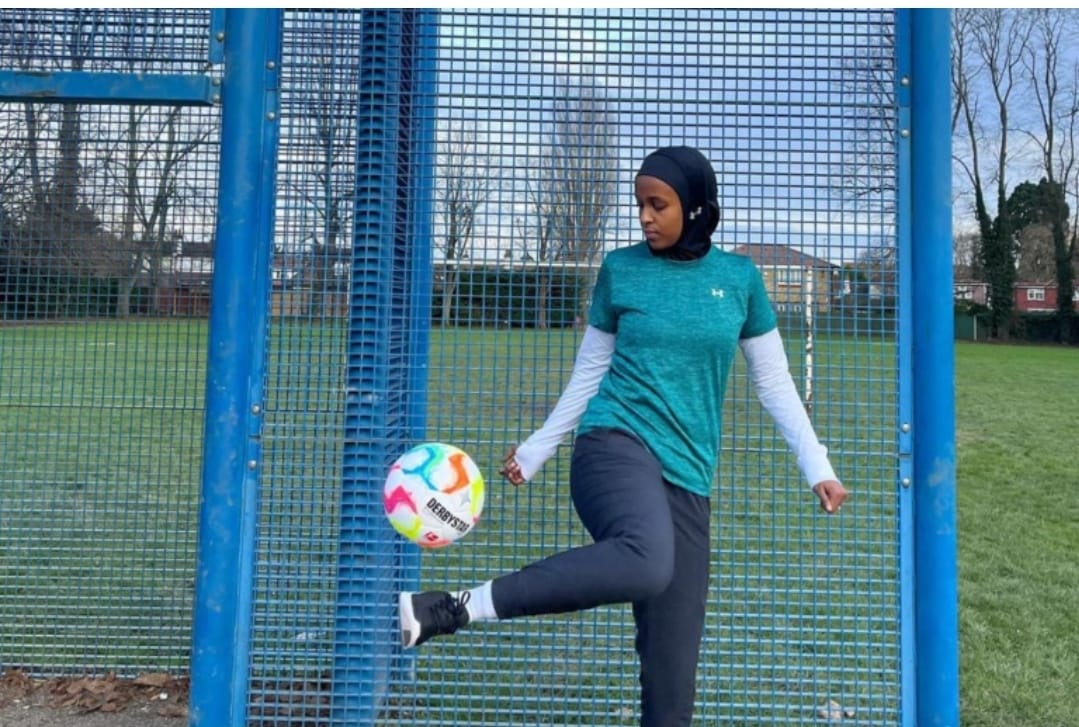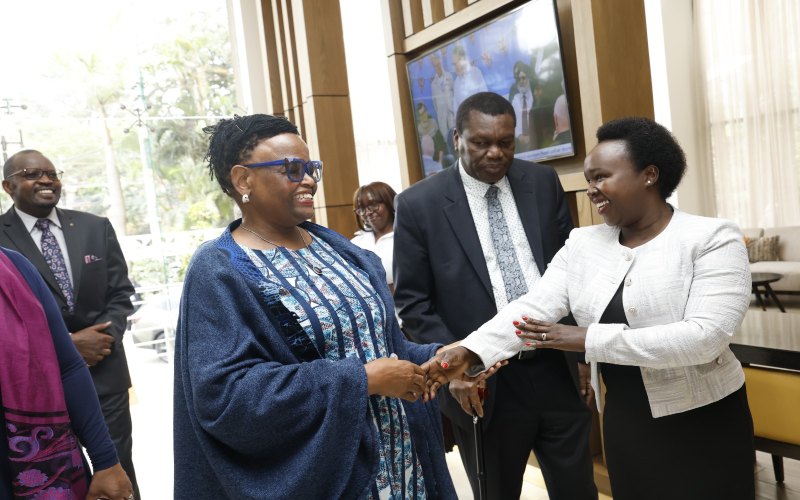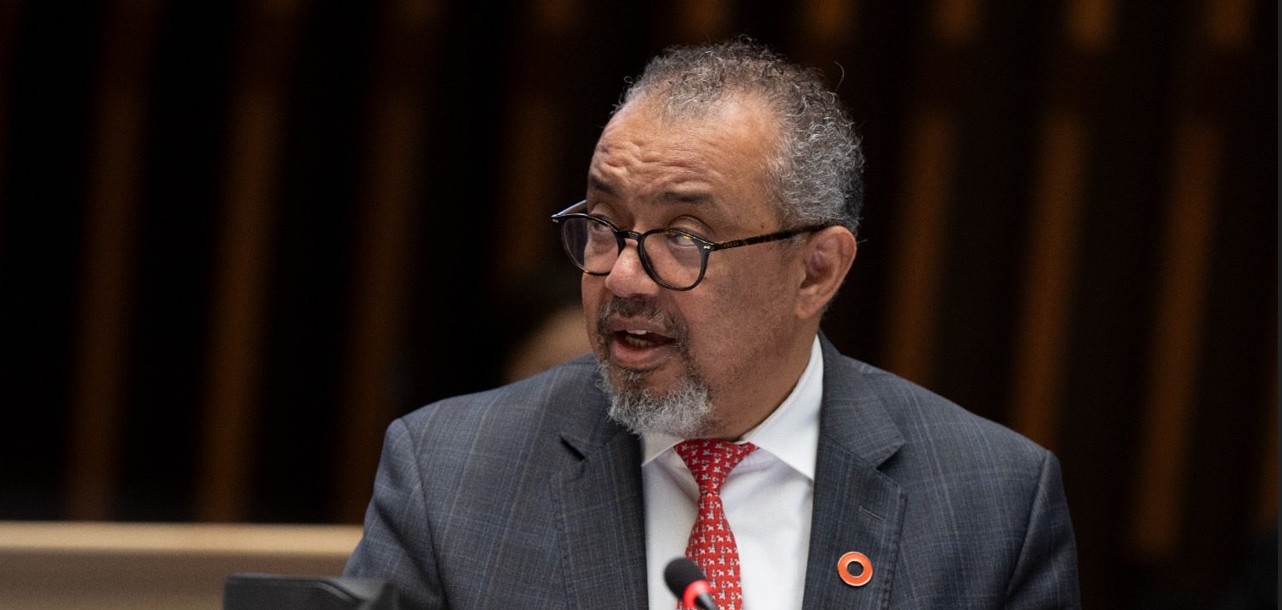Religious dress guidelines updated in English women’s football after controversy

The Football Association (FA) has clarified that women in English football are allowed to wear clothing in line with their religious beliefs, following an incident where former Somali national captain Iqra Ismail was barred from a match due to her choice of attire. The incident has sparked conversations around inclusivity and diversity in the sport, with the FA and Greater London Women’s Football League now updating their guidance to ensure players’ beliefs are respected on the pitch.
The Football Association (FA), the governing body of football in England, has reaffirmed that women across its competitions are permitted to wear clothing that aligns with their religious beliefs. This clarification follows an incident where Iqra Ismail, former captain of Somalia's national women’s team, was prevented from playing in a Greater London Women’s Football League (GLWFL) match due to her choice of attire.
Iqra Ismail, a 24-year-old Muslim player for United Dragons, shared on Instagram that she was barred from participating in last Sunday's GLWFL match because she was wearing tracksuit bottoms rather than the required shorts. Despite regularly wearing similar attire for the past five years in the league, she was informed by the match referee that her outfit did not meet the league’s standards this time.
More To Read
- Haunted by history: Cameroon Women's U17 long struggle against East African teams
- Women footballers celebrate inclusion in Kamukunji Peace Tournament
- One woman’s quest to transform women's football in Turkana
- Man City charged by FA for failing to control players surrounding referee against Tottenham
The incident occurred when Iqra, set to play as a substitute, was told by the referee that he’d been “explicitly instructed” not to allow her onto the pitch without shorts, as her attire allegedly did not comply with league guidelines. “If we don’t wear shorts, we can’t play,” the referee reportedly told her, presenting her with a difficult choice between her faith and her commitment to the game. Iqra chose not to compromise her beliefs and ultimately did not play in the match.
Based in London, Iqra is a vocal advocate for refugee rights and inclusivity for Muslim women in sports. She publicly criticized the attire restrictions, pointing out that such barriers discourage participation among women with similar beliefs. “People ask why there’s a lack of diversity in football and why it’s rare to see women who resemble me in competitive sports—this is precisely why,” she explained, highlighting how cultural and religious barriers can dissuade women from engaging in football.
In response, the FA confirmed its policy, allowing faith-compliant attire across its competitions. An FA spokesperson said, “Earlier this year, we proactively communicated with county FAs and officials in grassroots women’s football to confirm that players should be allowed to wear clothing that aligns with their faith or religious beliefs.” The FA also noted they are coordinating with Middlesex FA to ensure that such incidents do not occur in the future.
The GLWFL also addressed the issue, explaining that its original guidance required players to wear shorts over any additional leg coverings. However, they have since updated this rule. In a statement shared on X (formerly Twitter), the GLWFL clarified that players are not required to wear shorts over tracksuit bottoms or tights, and they committed to relaying this guidance to officials and league members to prevent future misunderstandings.
This incident has ignited further discussion about inclusivity in sports, as both the FA and GLWFL now work to ensure that religious attire restrictions do not hinder participation for women of all backgrounds.
Top Stories Today














































